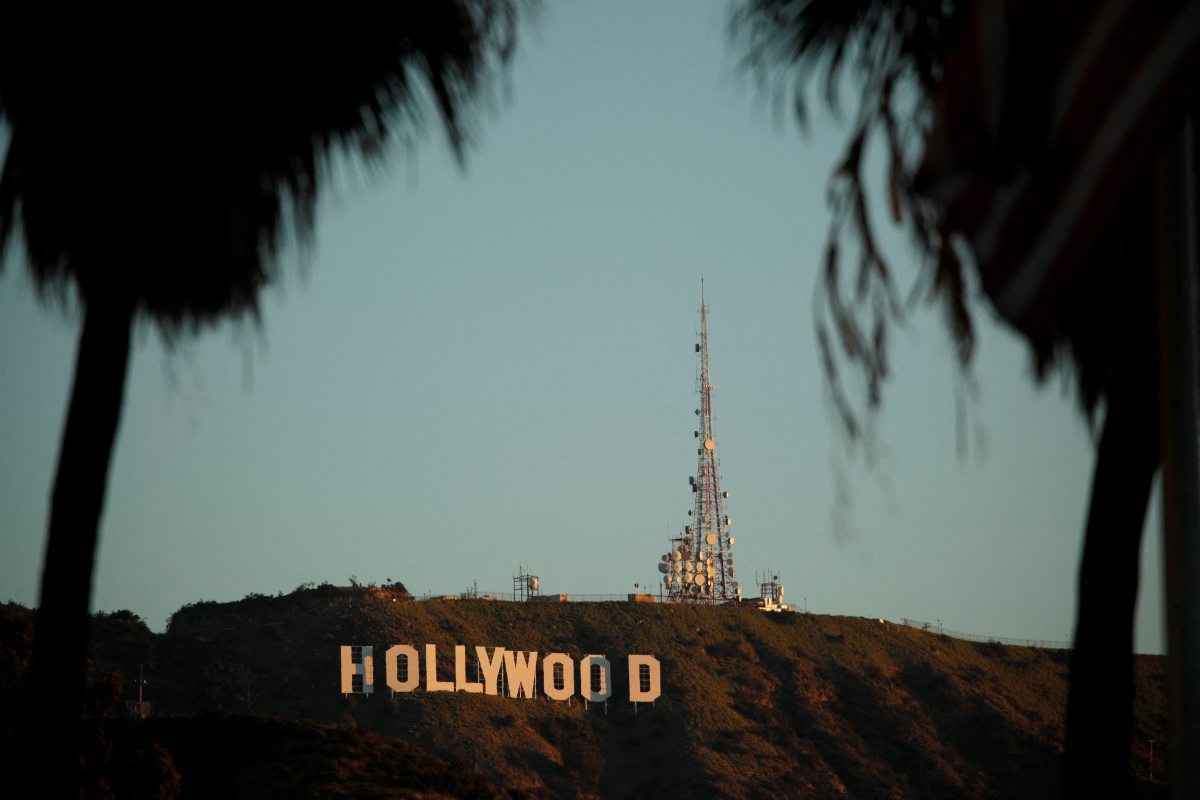Reuters
Hollywood writers voted overwhelmingly in favor of giving union negotiators the power to call a strike, moving a step closer to a production shutdown that would hamper studios and disrupt what viewers see on television.
The Writers Guild of America (WGA) on Monday said 97.85% of members who voted supported letting negotiators order a work stoppage if they do not have a new contract by May 1. Nearly 80% of the group’s 11,500 members voted.
The WGA negotiating committee in a note to members said the group had expressed “collective strength, solidarity, and the demand for meaningful change in overwhelming numbers.”
Writers say they have suffered during the streaming TV boom, in part due to shorter seasons and smaller residuals, and they are seeking pay increases from Netflix Inc, Walt Disney Co and other studios.
“Insecure” writer Amy Aniobi said she supported the strike authorization because pay had slumped to a level where many low- and mid-level writers must work second jobs to support themselves, especially in expensive cities such as New York and Los Angeles.
“What I’d like to get to achieve is to return the act of writing to a career and not a gig for most writers,” she said.
The last WGA strike in 2007 and 2008 lasted 100 days. TV networks broadcast re-runs and more reality shows, while the cost to the California economy was estimated at $2.1 billion, according to the Milken Institute.
If a strike is called, audiences would first see the impact on late-night talk shows, which use teams of writers to pen topical jokes. Daytime soap operas would be next. Many comedies and dramas are filmed months in advance, giving them a longer lead time before fresh episodes would run out.
Studios do not want another disruption after the COVID-19 pandemic shut down production worldwide for months. But sources close to the studios say budgets are tight at a time when Wall Street wants profits from the billions of dollars they spend to make streaming TV shows.
The Alliance of Motion Picture and Television Producers (AMPTP), which represents Comcast Corp, Disney, Warner Bros Discovery, Netflix and others, said in a statement that its goal was “to reach a fair and reasonable agreement.”
“An agreement is only possible if the Guild is committed to turning its focus to serious bargaining by engaging in full discussions of the issues with the companies and searching for reasonable compromises,” the statement said.






